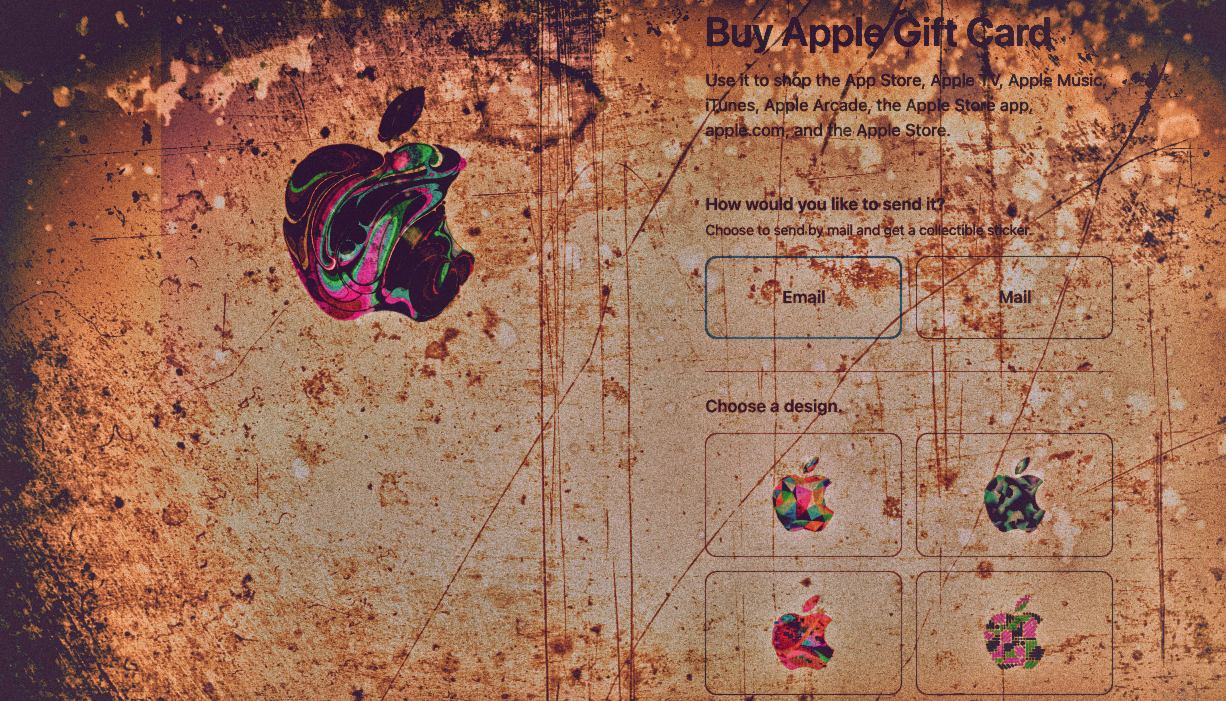
This past Wednesday, Apple agreed to settle a lawsuit, in which the plaintiffs were accusing the tech giant of knowingly letting scammers exploit Apple's iTunes gift cards. What's more, is that Apple kept a percentage of the stolen funds as a commission, of sorts: 70% of the stolen funds would be deposited into the fraudsters accounts while Apple kept 30%.
“The scam involves fraudsters who instill panic or urgency by insisting by phone that victims buy App Store and iTunes gift cards or Apple Store gift cards in order to pay for taxes, hospital and utility bills, bail and debt collection," according to the story in Reuters. The story also says that the victims most likely lost, "hundreds of millions of dollars" in the scam.
In 2022, not only did the judge in this case, U.S. District Judge Edward Davila, refuse to accept Apple's bid to dismiss this lawsuit, but also noted that Apple's effort to refuse to acknowledge its liability, particularly after the victims had been scammed, was, "unconscionable."
Have you ever been the victim of a gift-card scam?
Davila also wrote in his 28-page decision that plaintiffs "Martin, Marinbach, Qiu, and Hagene directly informed Apple that they had been scammed and their money had been stolen. Plaintiffs have also pled indirect suspicious circumstances: that Apple stands to benefit from proliferation of the scam, that Apple is fully capable of determining which accounts redeemed the stolen gift card funds and preventing payout of those funds, and that Apple nevertheless informed Martin, Marinbach, Qiu, and Hagene that there was nothing it could do for them despite those Plaintiffs’ prompt notification of the theft. Accordingly, the Court finds that Martin, Marinbach, Qiu, and Hagene have adequately pled a claim for concealing or withholding stolen property under section 496(a)."
The exposed scheme was rather complex and advanced, to say the least, according to the article in the Courthouse News Service, "One of the more sophisticated grifts involves people who build their own apps within the Apple Store and then use gift cards to purchase items or services with an app that they control. In that case, by using other people’s gift cards to buy for services within their own apps, they are effectively transferring the stolen cards into money they can then possess. In these instances, Apple benefits, the plaintiffs say, because they get 30% of the cut from hosting the app, which means they are, in effect, materially benefitting from the scheme."
It's also interesting to note that it seems like gift-card schemes are continuing to evolve and grow across the U.S.: According to the Better Business Bureau, from January 2020 through September 2023, there had been a total of $690 million in losses in the U.S. due to gift-card scams.







